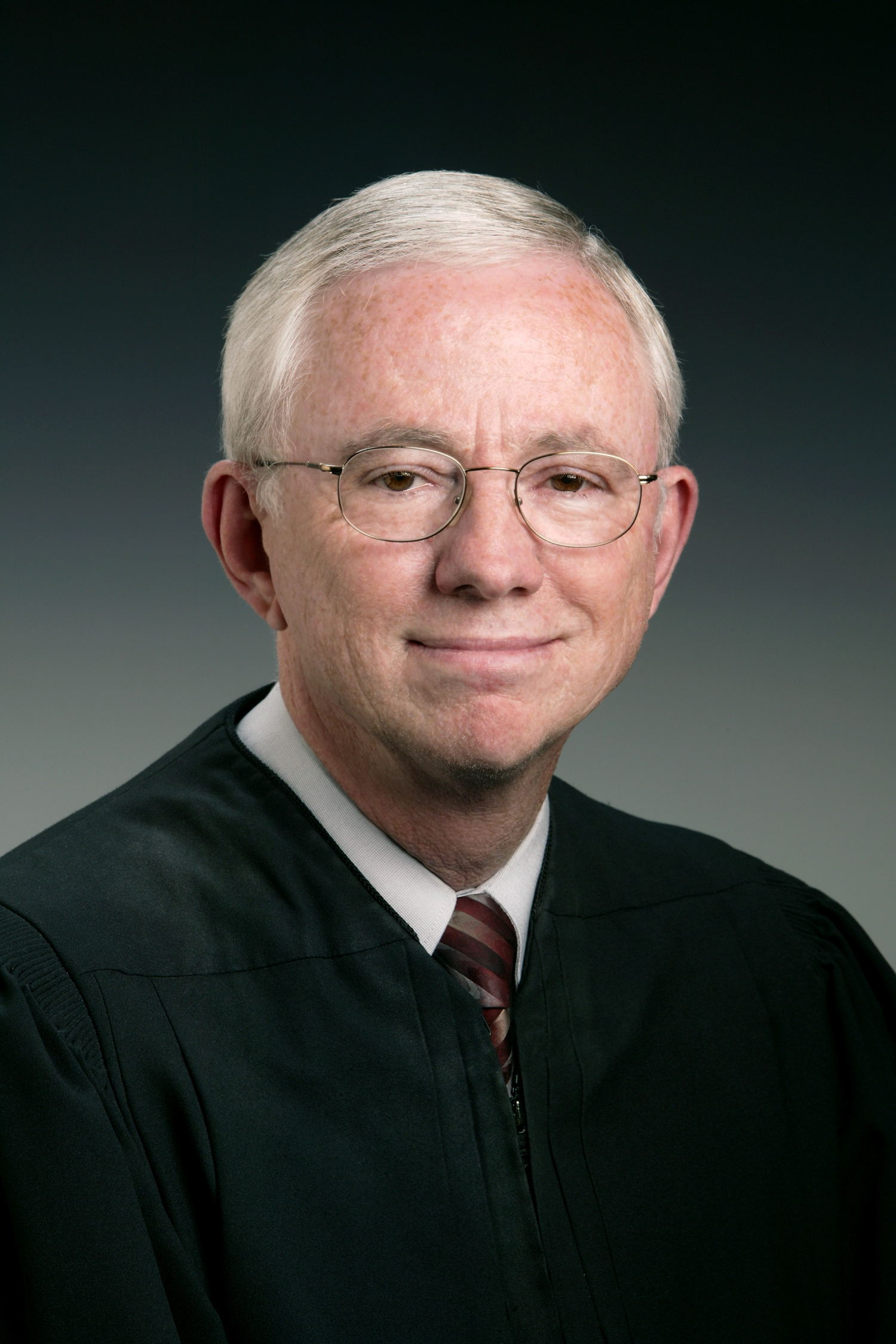The juvenile justice system in America has endured many trends and survived
From the paranoia about “super predators” in the 1990s that pushed an inordinate number of young people into adult jails, to the slow but steady decline in juvenile crime throughout the last decade, it has maintained its unique position in the criminal justice system. In my estimation, it is still running shy of its credo of being a “balanced and restorative” system of justice for today’s youthful offenders.
Part of the reason for this is that in many jurisdictions it is still mired in an old theory of behavior management that employs negative reinforcement as the chief means of managing delinquent misconduct.
Despite the fact that the vast majority of offenders commit nonviolent property crimes, we still detain too many of these youth in the guise of managing misbehavior by consequences. Most of the disposition reports that I would read as a juvenile court judge contained only references to the negatives, rarely highlighting the assets that the young person may have.
Where is the other side of the coin? With rare exception, these youthful offenders have assets that can be built upon by an intentional approach to managing their probation. Yet most probation officers are not trained in strength-based planning.
An example of an initiative that has turned the curve on balancing the approach to youth in the juvenile justice system with substance abuse problems is Reclaiming Futures.
Started in 2002 by the Robert Wood Johnson Foundation in 10 jurisdictions across the country, it has now grown to more than 30 sites in 18 states.
The foundation principles of Reclaiming Futures revolve around the use of quality assessments, not only to address substance abuse but also to build youth success in education, self-esteem, social interaction and life skills. A core value is to motivate community involvement in the rehabilitation and recovery process.
Reclaiming Futures gives recognition to the belief that systems cannot “reclaim” youth — only communities can.
Fortunately there is a growing movement around the core principles of positive youth development that is beginning to weave its way into juvenile justice on a broader scale.
The use of graduated responses, both incentives and sanctions, is another positive trend.
We still have to recognize that many of our young people have very high needs, but we can do a better job of drilling down through more thorough assessments to find the strengths on which to build their futures.































